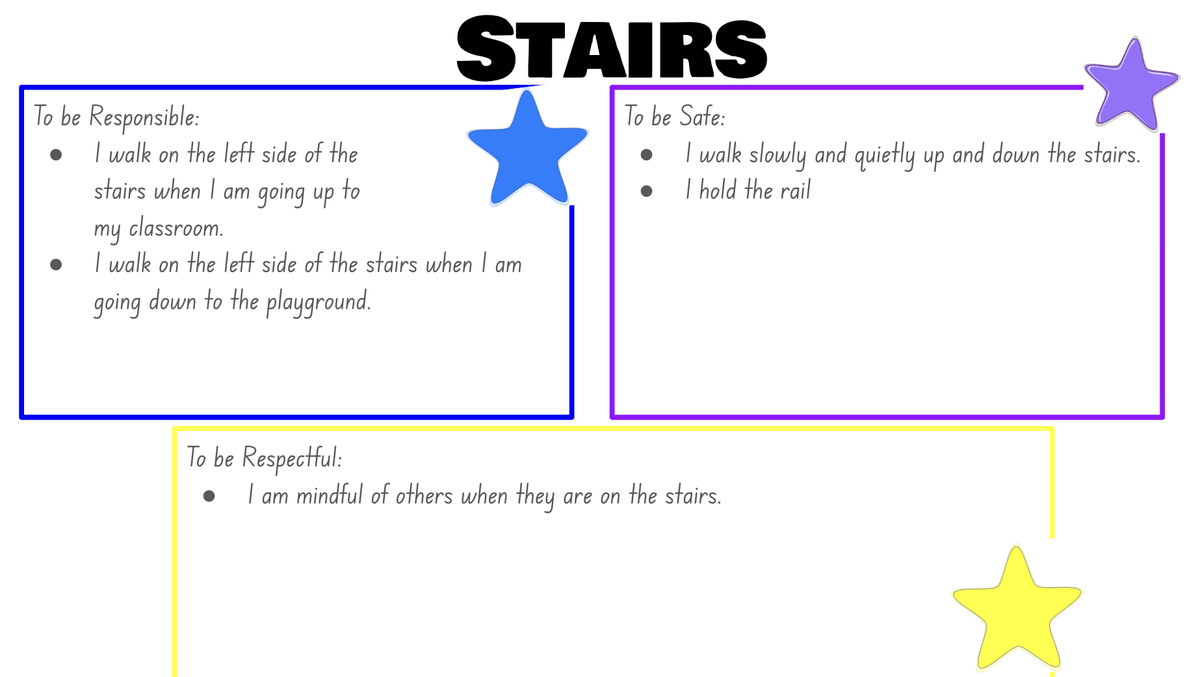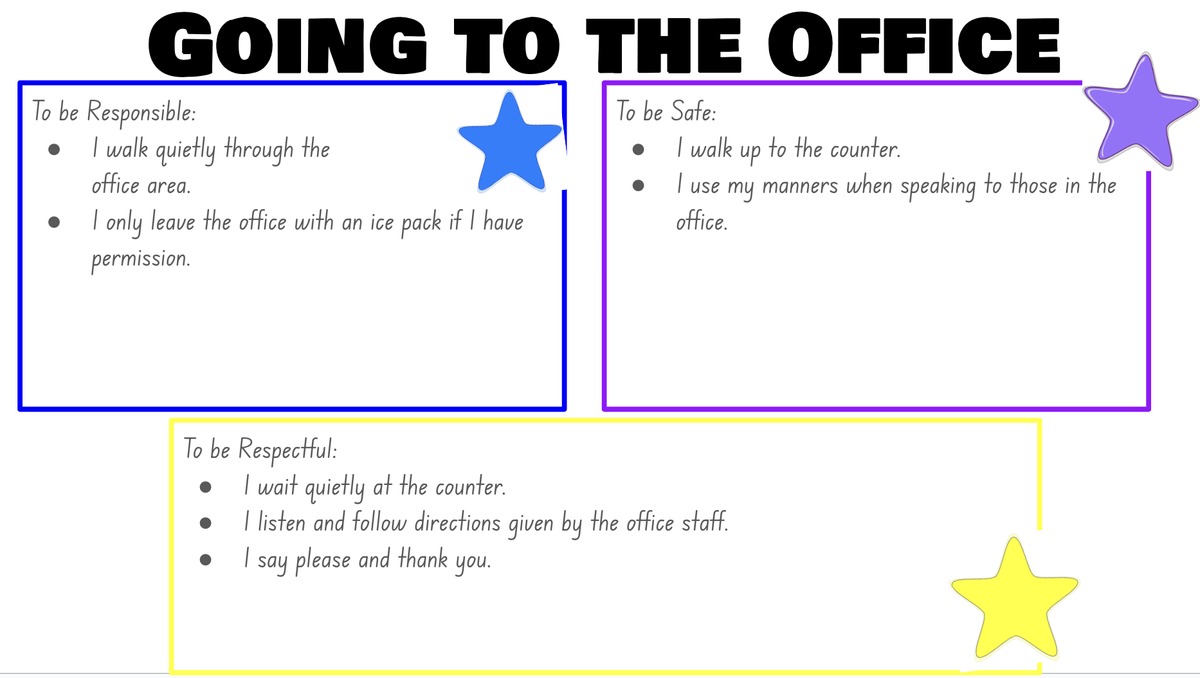A Message from the
Assistant Principal
Mr Steven Belcastro

A Message from the
Assistant Principal
Mr Steven Belcastro
As the weather is warming up during the days, many children are taking their jackets and jumpers off at play time and forgetting to pick then up again. Could you please ensure that you have labelled items of clothing to make it easier to find owners.
Each week, as part of SPBL, we have a focus. Over the course of the week, the teachers will go over the expectations and the matrix of expected behaviours for that focus area. Teachers may also take the students out to the area to practice 'in-situ' or complete a lesson in class.




Helping your child to be a successful reader can be a very stressful activity for both child and parent. Pause-Prompt-Praise is a technique that will help you assist your child work out tricky words they may come across when they are reading, while at the same time teaching them how to self-monitor and correct themselves.
Pause, Prompt and Praise
● ‘Pause, Prompt, Praise' is a handy technique to use when your child is reading aloud to you.
● ‘Pause, Prompt, Praise' helps kids work out words they get stuck on.
Pausing
● Pausing creates an opportunity for your child to try to work out the word by themselves (which sets them up to be independent readers)
● Wait quietly while your child attempts to read the words on the page.
● Pause for 5 seconds if your child comes to a word they are struggling with. This will give your child the opportunity to figure it out for themselves.
● If they successfully work out the word it’s a good idea if they reread the sentence so they can maintain meaning before they continue.
Prompt
Then, after 5 seconds, if they have not independently worked out the word;
● Give them some quick, low-key suggestions about what they could do to figure out the word.
For example
○ Are there any letters in the word you know and can you say the sounds that go with them?
○ Can you break the word up into chunks, for example ‘th-at’? (Using their fingers to help isolate chunks will help.)
○ Read on for a sentence or two, missing out the tricky word and see if that helps you to work it out what the word is.
○ Are there any clues from the pictures that you can use to work out the word?
● If after ‘two prompts’ they still can’t work out the word, say it for them and get them to continue.
● Don’t forget that many words cannot be “sounded out” (eg said, would) so using other strategies is important.
● Encourage them to use different strategies. E.g. don’t encourage them to always use letter/sound relationships. Thinking about the meaning is very important.
Praise
● Praise their reading efforts. This is the easy part!
● Say things about the strategies your child used when reading such as: ‘I like how you read when you came to that difficult word.’ ‘I like how you changed your voice to be the voice of the character.’
● Praising your child’s efforts motivates them to continue reading by boosting their self confidence and their enjoyment of reading.